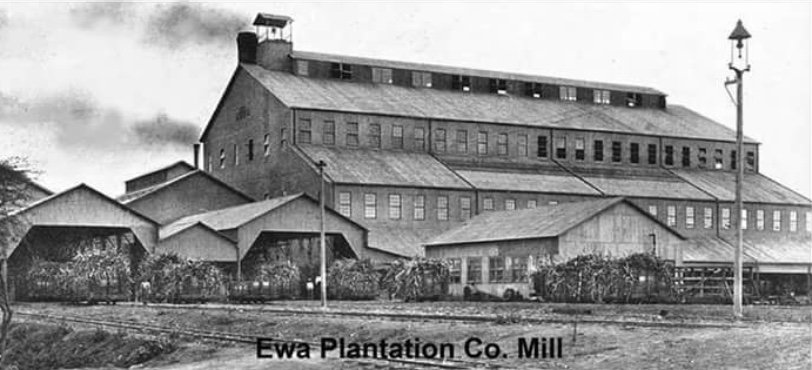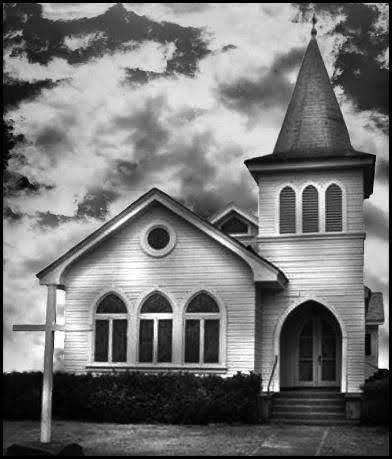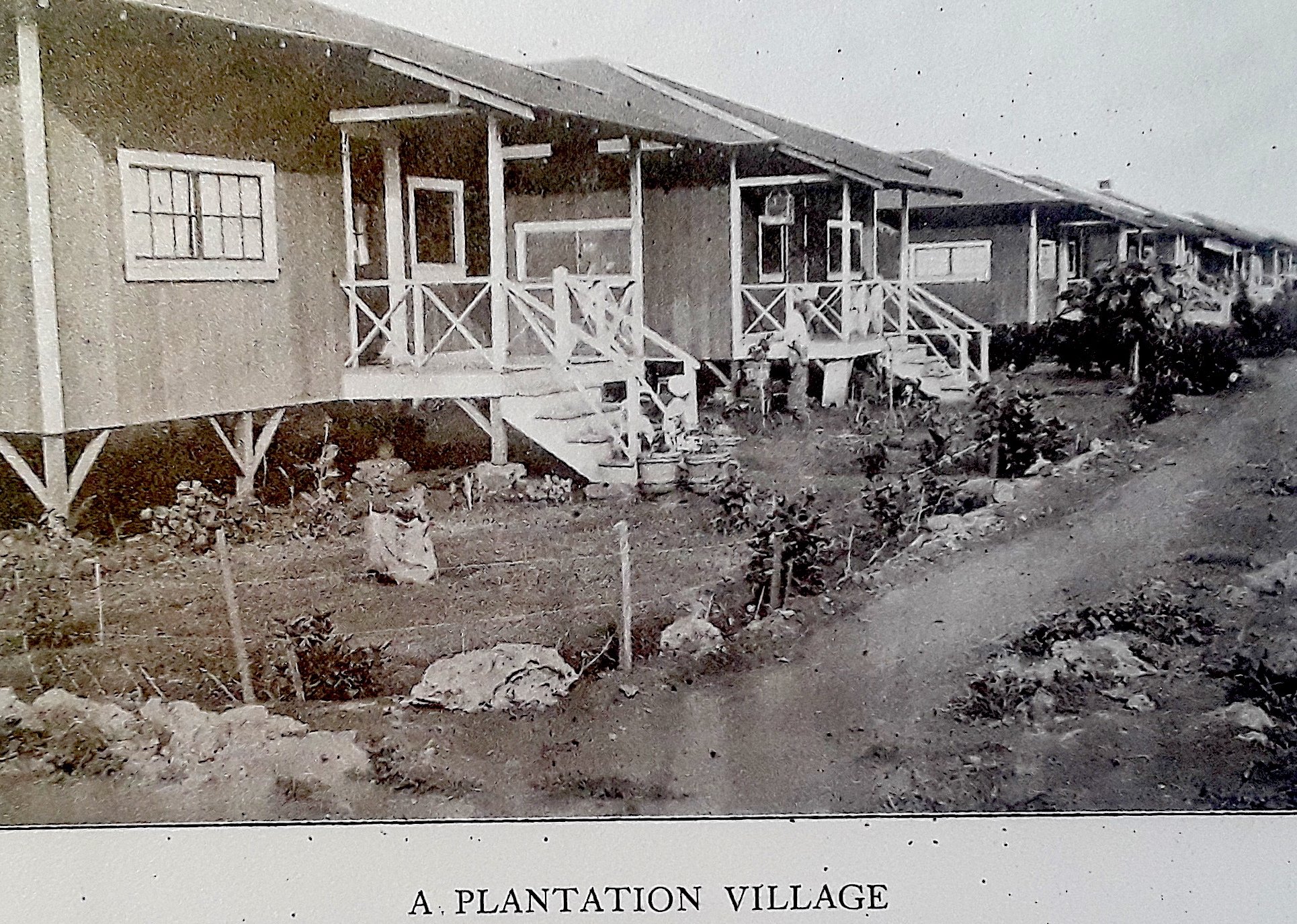‘Ewa Landmarks
On the Map
Now & Then
Aerial view
See the map in motion

Now & Then
Please enjoy what we’ve gathered so far!
Click on the images below to expand
ʻEwa Wall
Source: Hong Wei Chen Protecting Sense of Place PresentationʻEwa Community Church
Credit: Dennis BondocoySee more photos below
ʻEwa Plantation Cemetery
Source: Ewa Beach Library Collection Donated by Filberto HernandezHale Kipa, Easter Seals & Ewa Plantation Company Supervisors’ Home
Photo coming soon
Renton Village & Former “Haole” Camp
Source: Historic Hawaii FoundationʻEwa Plantation Manager’s House
Credit: Dennis BondocoyA 1988 essay captures the original vision and context of preserving the Ewa Plantation Manager's House and reuse as an interpretive center (pages 39-40).
A 1998 story by the Honolulu Star Bulletin describes the place as the centerpiece of the Historic Ewa campus.
The ʻEwa Plantation Manager's "Mansion" was the most Impressive structure in ʻEwa "town." An imposing 2-story colonial revival, set on spacious landscaped lawns with large spreading trees, it has fallen to a far different level since closing of the mill. Ownership by City & County of Honolulu did not result in maintenance or usage so the property deteriorated, becoming less an asset and more a liability. Ewa Villages Historical Society has set a priority in restoration to form and function for this significant landmark.
See more photos below
Tenney Village & Former Japanese Camp
Varona Village & Banana Camp/Filipino Camp
Source: Star AdvertiserLanakila Baptist School & ʻEwa Plantation Company Administration Building
Ewa Mahiko District Park & City and County Warehouse, Ewa Mill and Industrial Center & Part of Mill Village
Source: Mike Sawamoto on FB You know you from Ewa Plantation if...See more photos below
Friendship Bible School & Japanese School Club
See more photos below
Oʻahu Railway & Land Co.
The mill location was chosen along the Oahu Land & Railway (OR&L) Company train line, at approximately the center of the ʻEwa Plantation Company lands. Photos taken soon after the new mill was built, in 1902, show a complex of buildings around a larger mill structure, with more numerous rail lines and carloads of sugar cane. In 1902 EPC had seven miles of portable tracks and 29 miles of narrow-gauge permanent tracks. Horses and mules were used to pull the cars on the portable track, and locomotives on the permanent rails. Currently, the Hawaiian Railway Society operates Hawaiian Railway (adjacent to ʻEwa Villages) the only active, historical railway on Oʻahu.
















